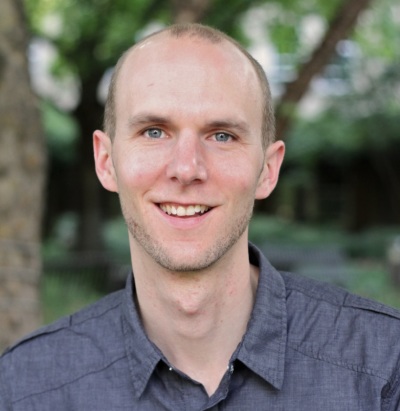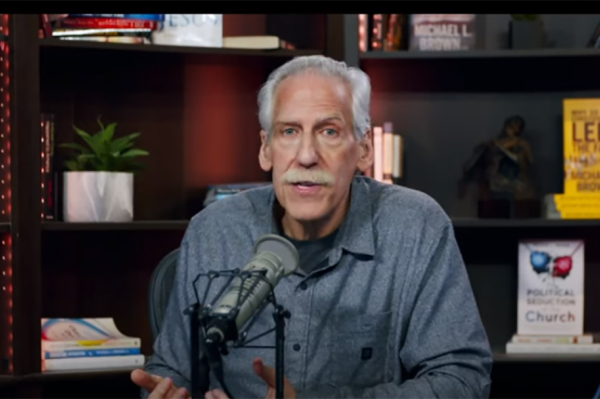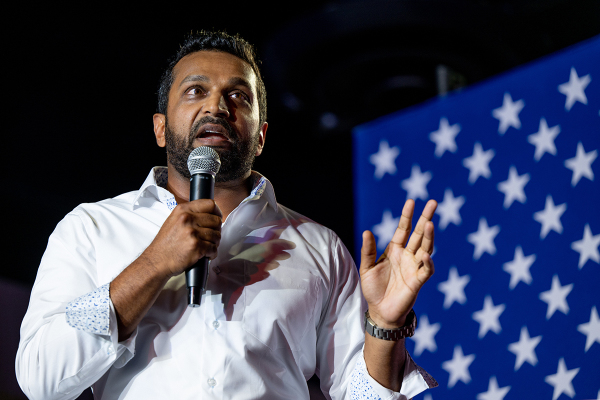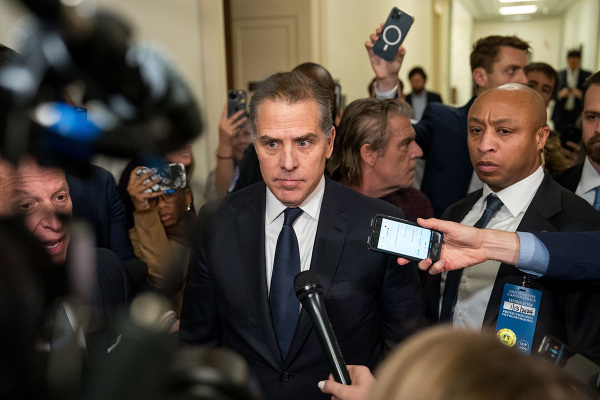What Is the Unique Role of Local Churches in Addressing the Foster Care and Adoption Crisis in DC?

We often get asked why the church? What is the unique role of local churches in addressing the foster care and adoption crisis in Washington, DC? Why put so much energy in mobilizing churches? It's a good question, and as with anything, your strategy should be thought out, and well…strategic.
This is what we want to talk about today: Why is mobilizing local churches strategic in embracing and ensuring the success of every child in foster care? Here are a few reasons:
1) We are called
For us, mobilizing churches is not simply a means to an end, it is an end in itself. The Bible is filled with passages highlighting God's special concern for the poor, for children, and for the orphan.
Part of DC127's goal is to see the church fully committed and engaged to serving vulnerable children in our city. God sets the lonely in homes and is a Father to the fatherless – and as his children, we are called to live out this love. And what a beautiful calling it is.
It's so much bigger than just foster care. It is part of the redemptive work of Christ as he restores all of us and we work to see his kingdom come to earth as it is in heaven.
This is more than just a calling, it is a part of who God is, and therefore, a part of us as His body.
2) The Church Endures
I've always been amazed when I've traveled to the war torn areas of Africa, such as Northern Uganda and South Sudan. Hospitals are gone, schools are closed, houses are burned down, roads are impassable, and yet there is one thing still standing: the church. They may be meeting under a tree, but they are still meeting.
Jesus said to Peter in Matthew 16:18 "On this rock I will build my church, and the gates of hell shall not prevail against it."
Here is the deal: The government may sequester or shut down; the economy might sink your business; and the funding for your non-profit may be lost. But, nothing can prevail against the church and work of God. Jesus promises that he will build his church and not even the power of hell can stop it.
The Bible refers to the church as the bride of Christ. And it is the church who Jesus is returning for.
When working with kids who have come from hard places, and families who are in crisis, it can feel, and often literally is the power of hell working against us. Yet even in the midst of poverty, addiction, and oppressive cycles and systems, the church endures. In fact, the church often endures the strongest among people who are poor and among the persecuted. The church was here before DC127 and it will endure long after.
Yet even in the midst of poverty, addiction, and oppressive cycles and systems, the church endures.
Mobilizing the church is not just about throwing fun events and potlucks. It's about actively engaging and continuing the culture of our churches where opening homes and lives to care for kids in vulnerable situations is normal and supported.
3) It's just smart
This seems odd to talk about after discussing the spiritual aspects of the church's involvement in foster care, but it can't be overlooked that faith-based communities are in a unique place to make tangible and sustainable change. Let me break this down:
A: There is no stronger network. Our faith in who God is and what he has done for us unites us as churches in ways not seen elsewhere in our society. While we may have different names above our doors, we have one faith, one Lord, and one mission. One church operating alone can do some good, but it cannot bring about major social change in a big city without working collaboratively with other churches. In yesterday's story, we shared how several churches worked together to settle a young woman and her daughter in a new home. The network is here, we have over 600 churches in DC, we just have to build the relationships and start working more together.
B: A community of support exists. We call it the body of Christ, and it's a beautiful thing when it works together. The church knows how to bring meals, how to share hand-me-downs, and how to be there in those tough moments. We already do this within our community, so it's not a far stretch to expand our view to ensure children in foster care and their families, both birth and foster, are supported. It is so powerful to bring a child into not just a home, but into an existing community that is prepared to love them and do what it takes to see them succeed.
It is so powerful to bring a child into not just a home, but into an existing community that is prepared to love them and do what it takes to see them succeed.
C: We care for the whole person. When the church is at its best it is not just inviting people into relationship with Christ but caring for the healing of the whole person. When hard times lead to a child being placed in foster care, it's not as simple as providing a home, checking that off the list, and then moving on with life. As human beings we are complex. We are messy, and healing takes awhile. Who knows this art of healing better than the church? Through our own relationship with Christ, we see how healing is a life-long journey and not a one-time event. The church can walk with children and families, both birth and foster, caring for their physical, spiritual, and emotional needs.
In sum,
We're here because we are called, because it's a part of who we are and our tradition, and because we can do this well. Do we as churches always get along? No, we don't. And there have been too many times where we have hurt instead of healed, and wounded instead of walked with. But at our core and at our best, we are a big family with a lot of love.
And there have been too many times where we have hurt instead of healed, and wounded instead of walked with. But at our core and at our best, we are a big family with a lot of love.
Starting a church-wide network was actually something I avoided for a while. It wasn't until God made it painfully clear that he was not only asking me, but also asking the churches of our city to unite around foster care that I knew this was what needed to happen.
This week we're asking for you to invest in DC127 and our efforts to unite the church around foster care. We're specifically looking for 46 people to commit to giving anything from $10 to $100 a month to help us accomplish our mission. Would you join?
46 represents the number of months on average that kids in DC spend in foster care (twice the national average). That's almost four years, and it will take us as a city and church united to bring that number down. Your support allows us to reach more churches to recruit and support foster and adoptive homes.
We believe that we all have a home in heaven. And if that's true there, then no child should be waiting for a home in DC.
Will you join us?
What is the unique role of local churches in addressing the foster care and adoption crisis in Washington, DC?






















